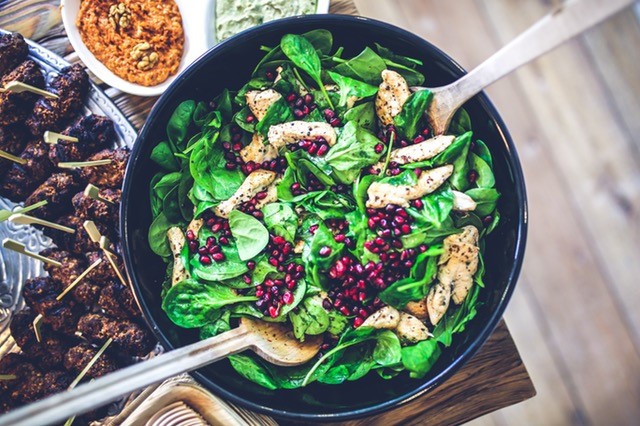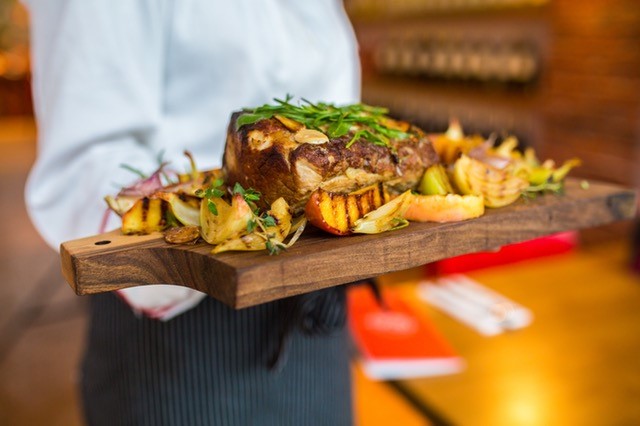According to IBISWorld, organic farming is one of Australia’s fastest growing industry and “has been one of the economy’s best performing industries over the past five years.” The report goes on to say that the “industry revenue is expected to grow by an annualised 12.1%” and the forecast is to reach $655.3 million in 2013-14. So what do these numbers mean for the local farmers in business? Are they making thousands of dollars from selling their organic food?
Buy Locally and Help the Economy
The short answer is – not necessarily. When people purchase organic food, sometimes these organic produce and organic meat are imported from other countries, be it South America or Asia. Locally grown and organically grown are not synonymous. Items that are considered “locally grown” are produce and meat that are grown and harvested within a certain amount of distance (typically 150 miles) of where it is being sold. To be certified organic, local farmers have to go through a rigorous and timely process to show that they meet the standards and requirements established by both the Australian Standard for Organic and Biodynamic as well as the particular certifying organization in which they are applying to. This rigorous process involves a comprehensive audit of production techniques, soil and water tests and farm inspections.

Purchasing locally grown, organic food not only helps local farmers, but it also allows consumers to get the great benefits of organic food. Here are some of the additional advantages of supporting your local organic farmers:
Fresh and Nutritious
Local farmers growing their produce typically pick them at their peak freshness, consequently retaining its nutrients longer as opposed to having the items travel thousands of miles where it loses its freshness. Often times, these items are shipped, carried and jostled in the process. After which, the items sit in a warehouse for a certain period of time until they are shipped again to your supermarket.
Better for the climate

The production of meat is a huge contributor to climate change. Due to the amount of numbers in growing livestock and animals for meat, they generate a substantial amount of greenhouse gases. Furthermore, if the livestock and animals are not locally and organically grown, they would have to be transported to be sold. Typically, the average meal to date travels a distance of 1200 km from the farm to your home. The farther the food travels, the more energy is used to transport the food to your plate.
There are a few of the key requirements for organic meat:
- Must be raised organically on certified organic land
- Must be fed certified organic feed
- No antibiotics or added growth hormones are allowed*
- Must have outdoor access
The animals’ organic feed cannot contain animal by-products, antibiotics or genetically engineered grains and cannot be grown using persistent pesticides or chemical fertilizers.
Help the Local Economy
Buying local organic food helps keep the local farmers in business. It also helps stimulate a better economy for your community, thus making the whole production more sustainable.
Next time you go out, check out your local organic supermarket or your natural organic butcher and look out for items that are labeled organic – are they locally AND organically grown?
All our organic meats and produce are locally grown which apart from offering you a healthier lifestyle choice also supports our local farmers and producers.